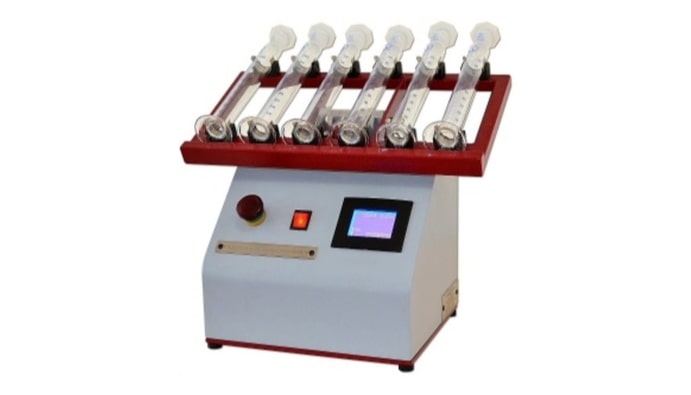Delayed Sediment Determination: Grain and Flour Quality
Why is Delayed Sediment Determination Performed?

What is Delayed Sediment Determination?
Delayed sediment determination is a test that measures the sedimentation rate and durability of gluten proteins in wheat flour in a solution. In this test, the flour is kept in a certain chemical solution and the precipitation behavior of gluten in the solution is examined. The result obtained is directly related to the quality and protein content of the flour.
This method generally requires a longer dwell time than standard sediment determination and therefore offers the advantage of assessing changes in gluten structure over time.
Parameters Measured by Delayed Sediment Determination
- Gluten Quality: Measures the elasticity and durability of gluten. Flours with high quality gluten show higher sedimentation values.
- Protein Functionality: Evaluates the ability of proteins to interact with water and their structural integrity.
- Sedimentation Time: Measures the time gluten remains stable in solution. Gluten that remains stable longer is generally considered to be of higher quality.
- Degree of Precipitation: The amount of precipitation formed in the solution indicates the solubility and durability of the gluten structure.
Importance of Delayed Sediment Determination
- Evaluation of Flour Quality: The gluten quality of bread flours is reliably measured by this test. High quality flours show higher sedimentation.
- Comparison of Grain Batches: Used to compare the gluten quality of different wheat lots. Manufacturers can use this test to select the most suitable grain.
- Product Development: Useful for testing gluten performance in the development of new flour blends or product formulations.
- Recipe Optimization: It enables bread and other bakery product recipes to be optimized in accordance with the gluten structure.
Application Areas of Delayed Sediment Determination
- Production of bakery products: Evaluation of flours used for bread, pasta, biscuits and other products.
- Grain Trade: An important tool for quality classification in wheat and flour trade.
- R&D Studies: Development of new gluten alternatives and improvement of existing formulations.
- Setting Quality Standards: Flour producers and suppliers define their quality control standards with the help of this test.
Nanolab Laboratories Group continues to provide services within the scope of Delayed Sediment Determination. We also provide services on Odor Determination in Wheat.
Contact us for more information.
You can follow us on LinkedIn for up-to-date news and posts about our services.
Follow our Instagram account to be informed about our latest blog posts.

